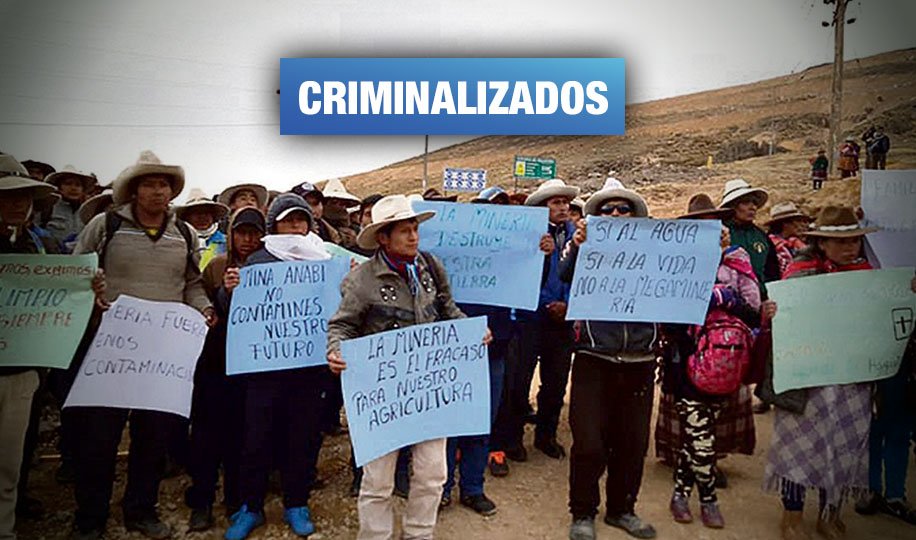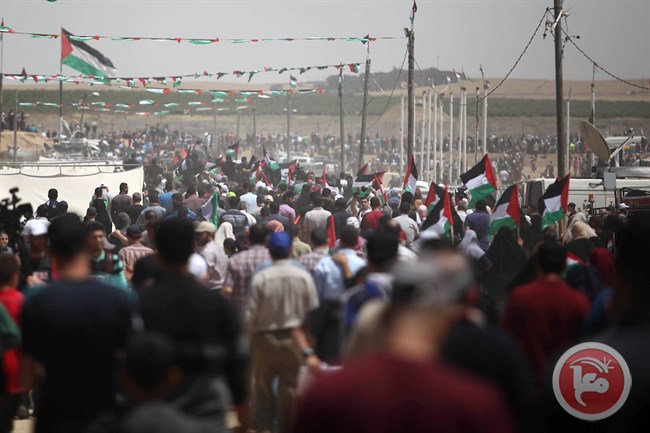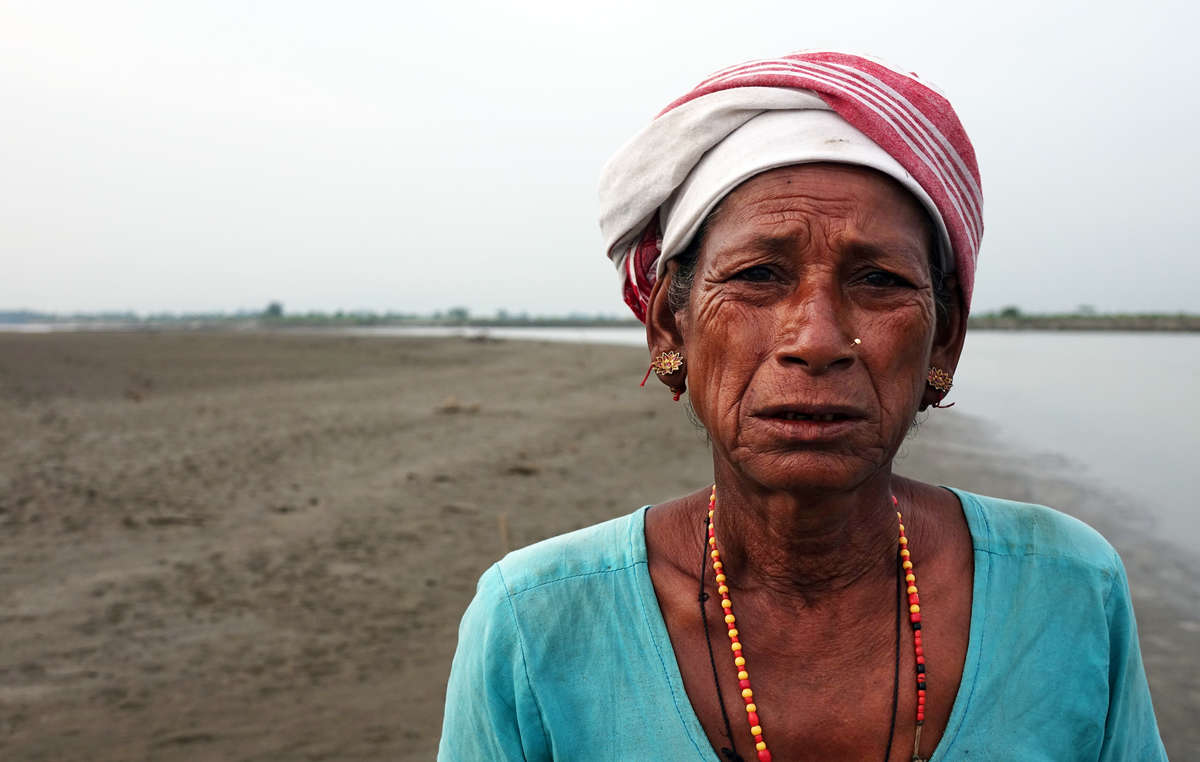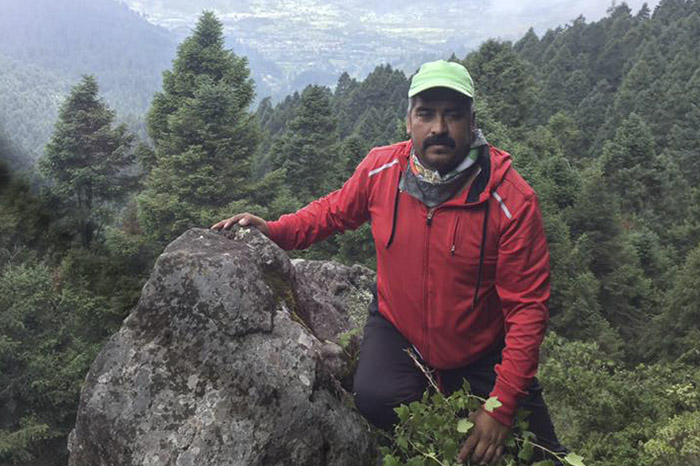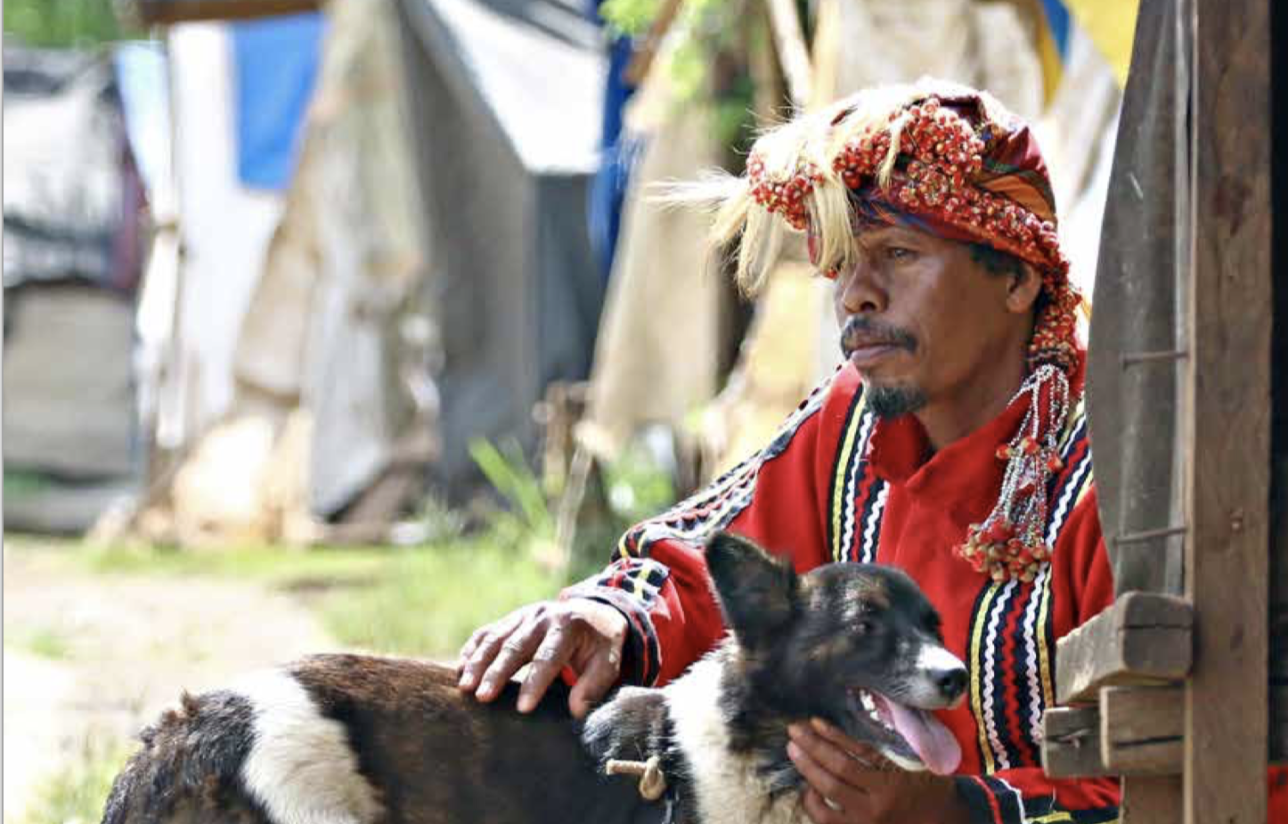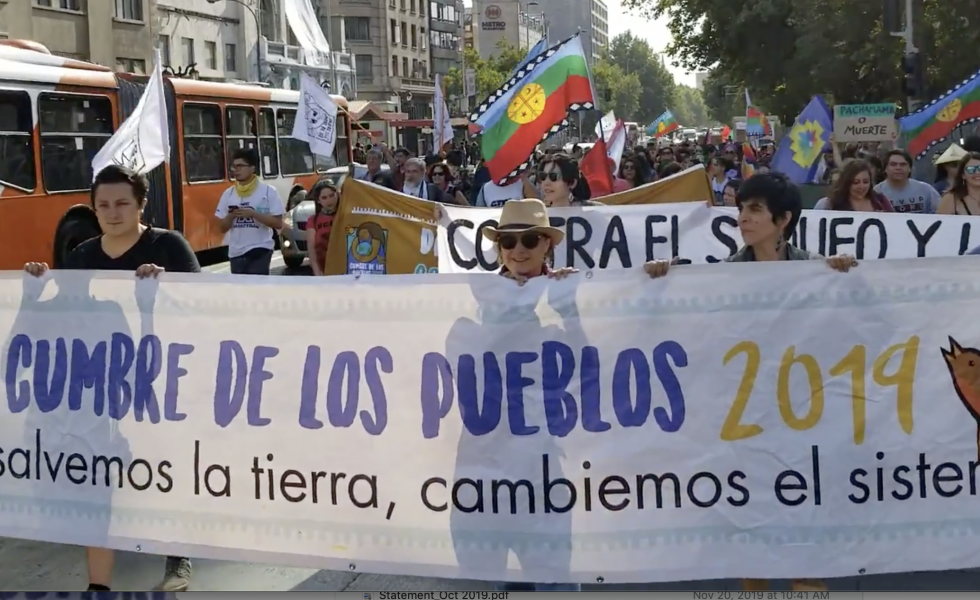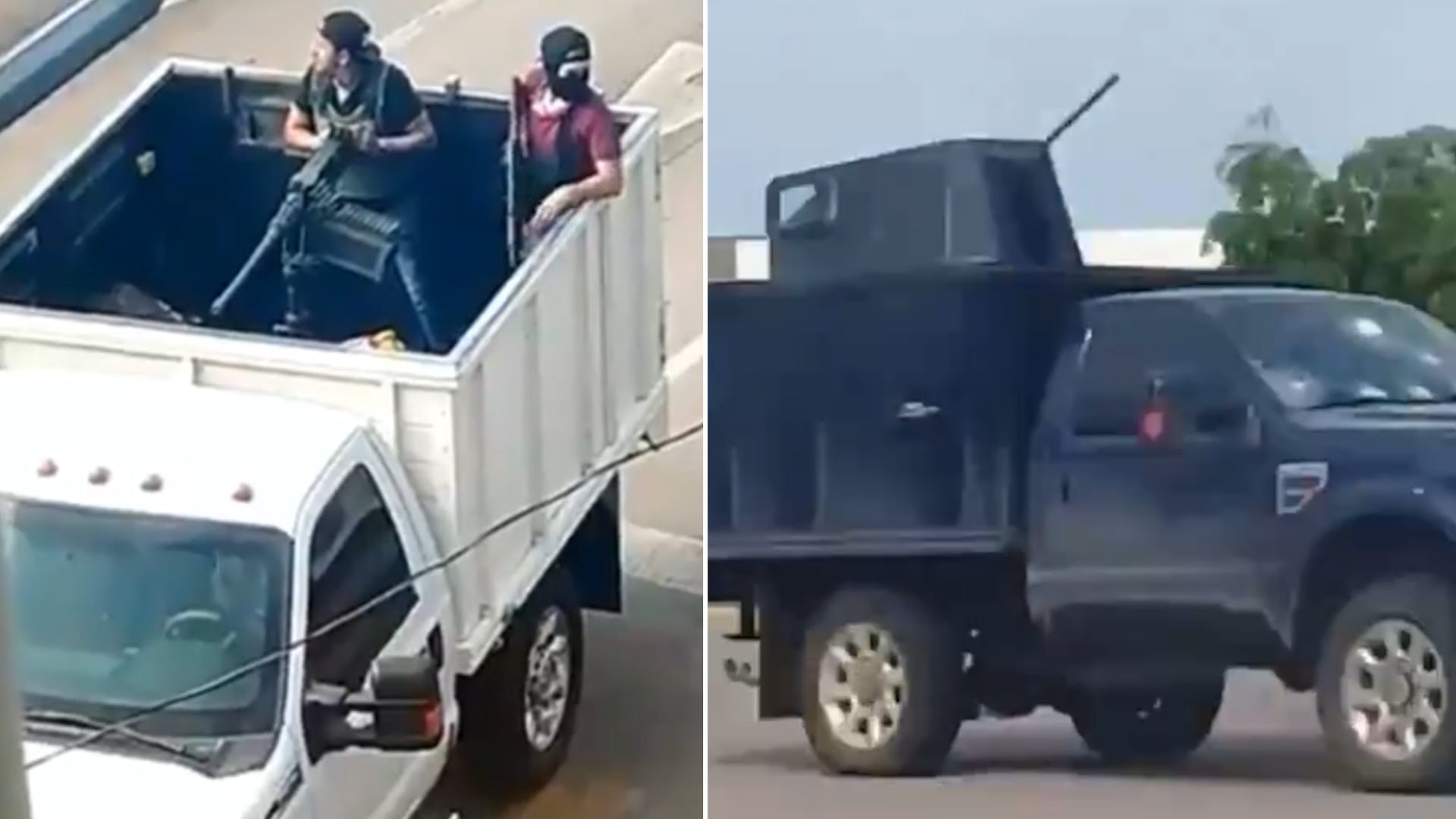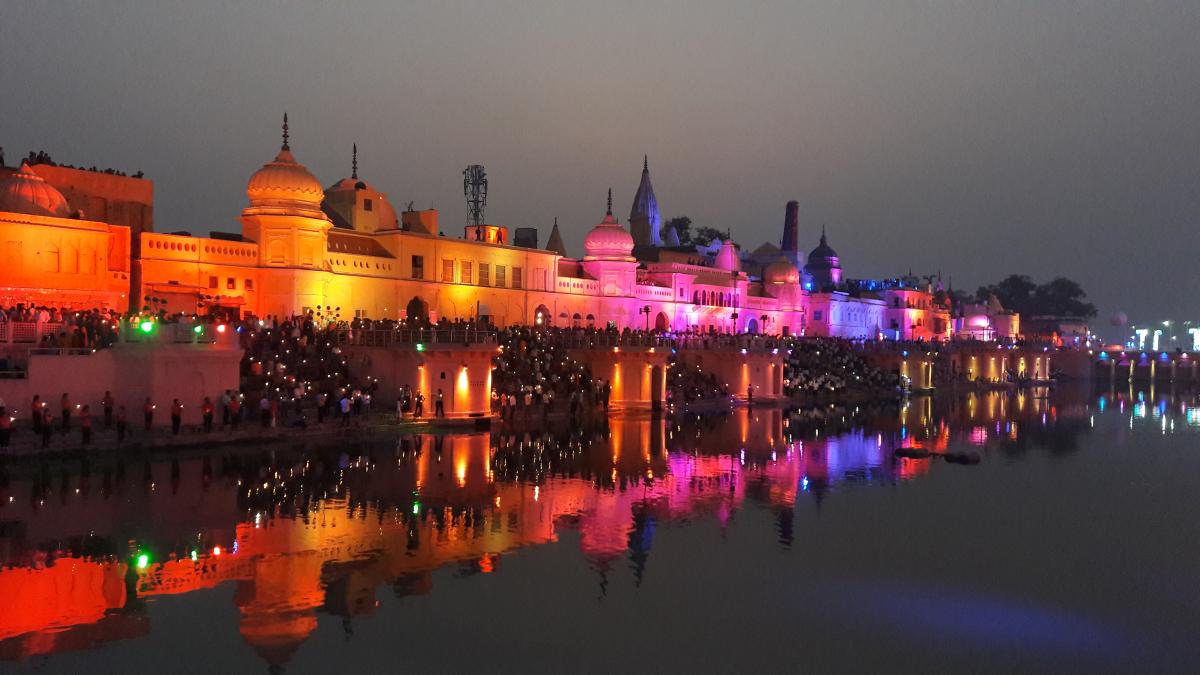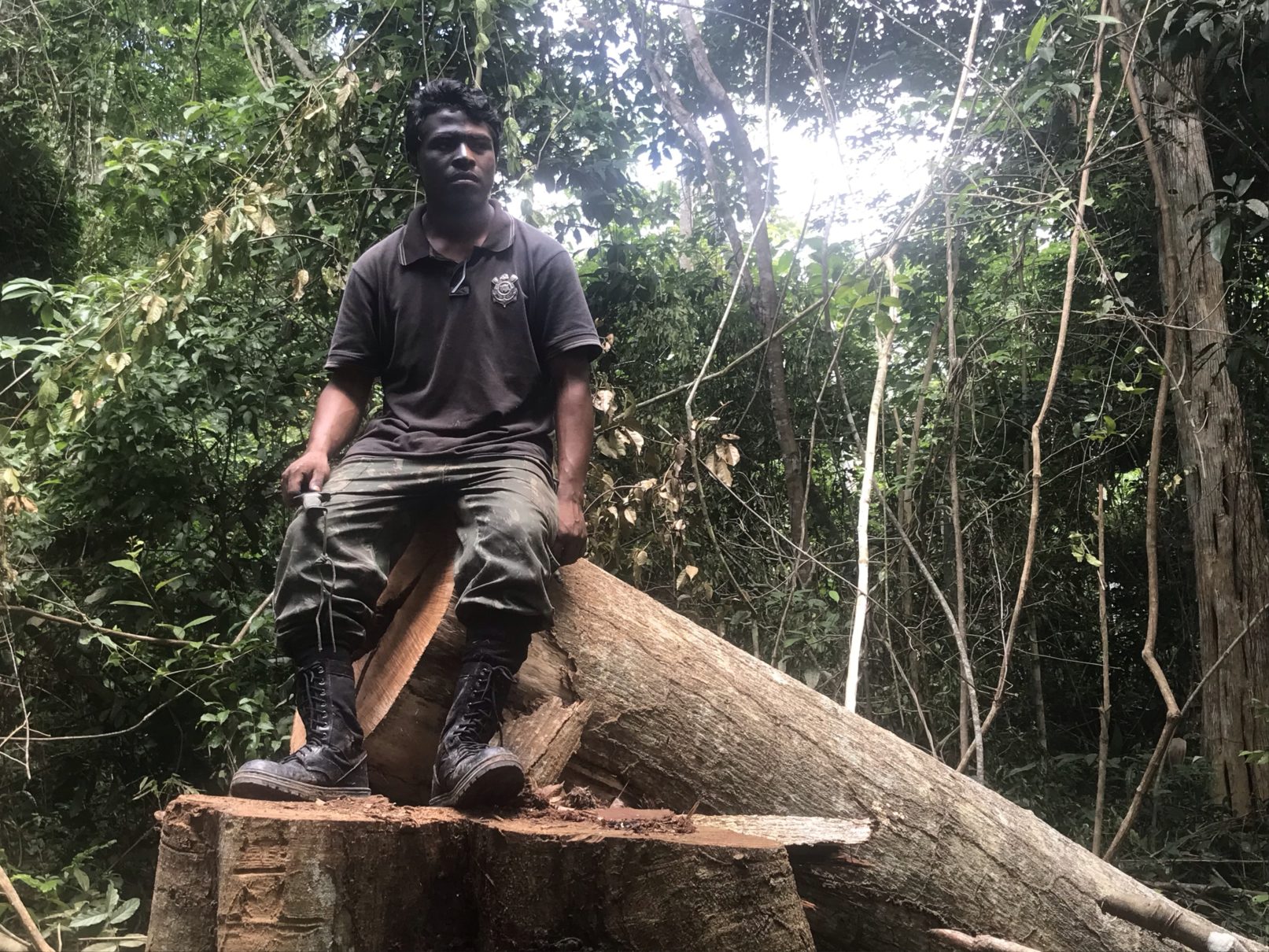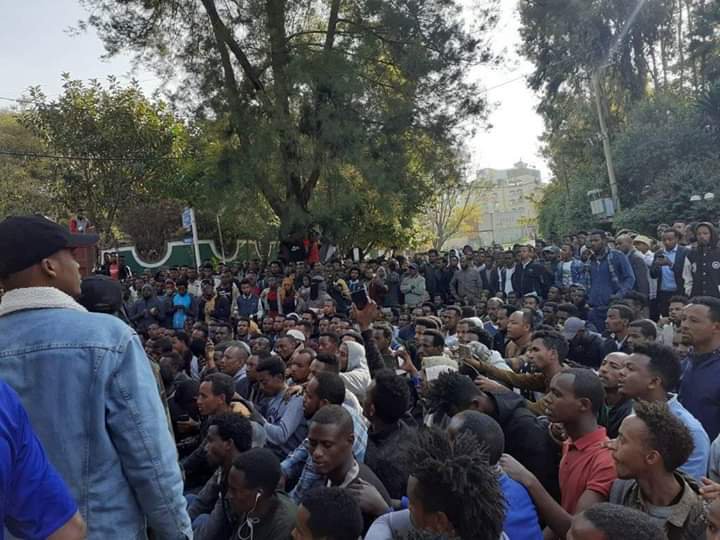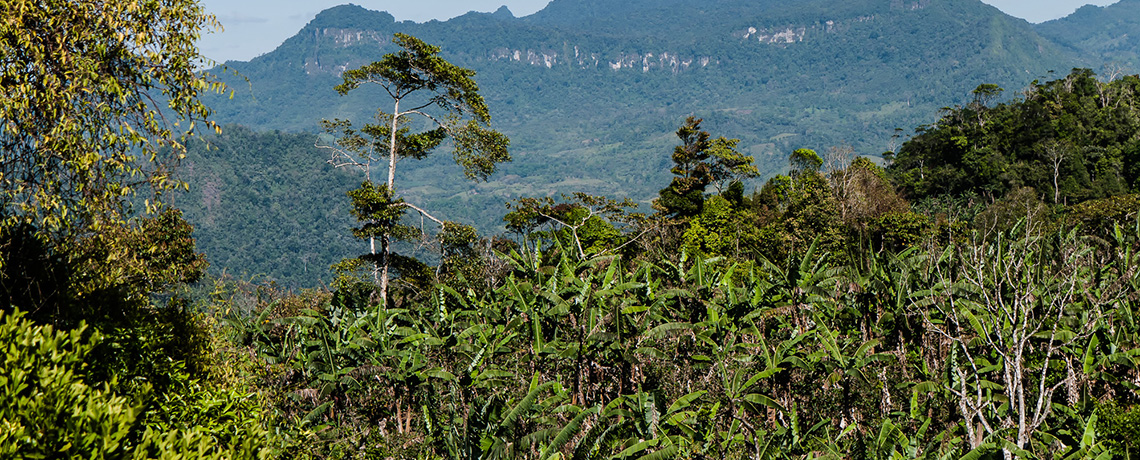
Indigenous rainforest dwellers massacred in Nicaragua
Six members of the Mayagna indigenous people are dead and another 10 missing following an attack by gunmen on a community within the UN-recognized Bosawás Biosphere Reserve in Nicaragua’s eastern rainforest. The autonomous Mayagna Territorial Government reported that some 80 armed men entered the community, firing indiscriminately on residents and setting homes on fire. The statement described the assailants as colonos, or peasant colonists who have been invading the reserve in growing numbers, illegally clearing forest and settling on indigenous lands. (Photo: Global Justice Ecology Project)



